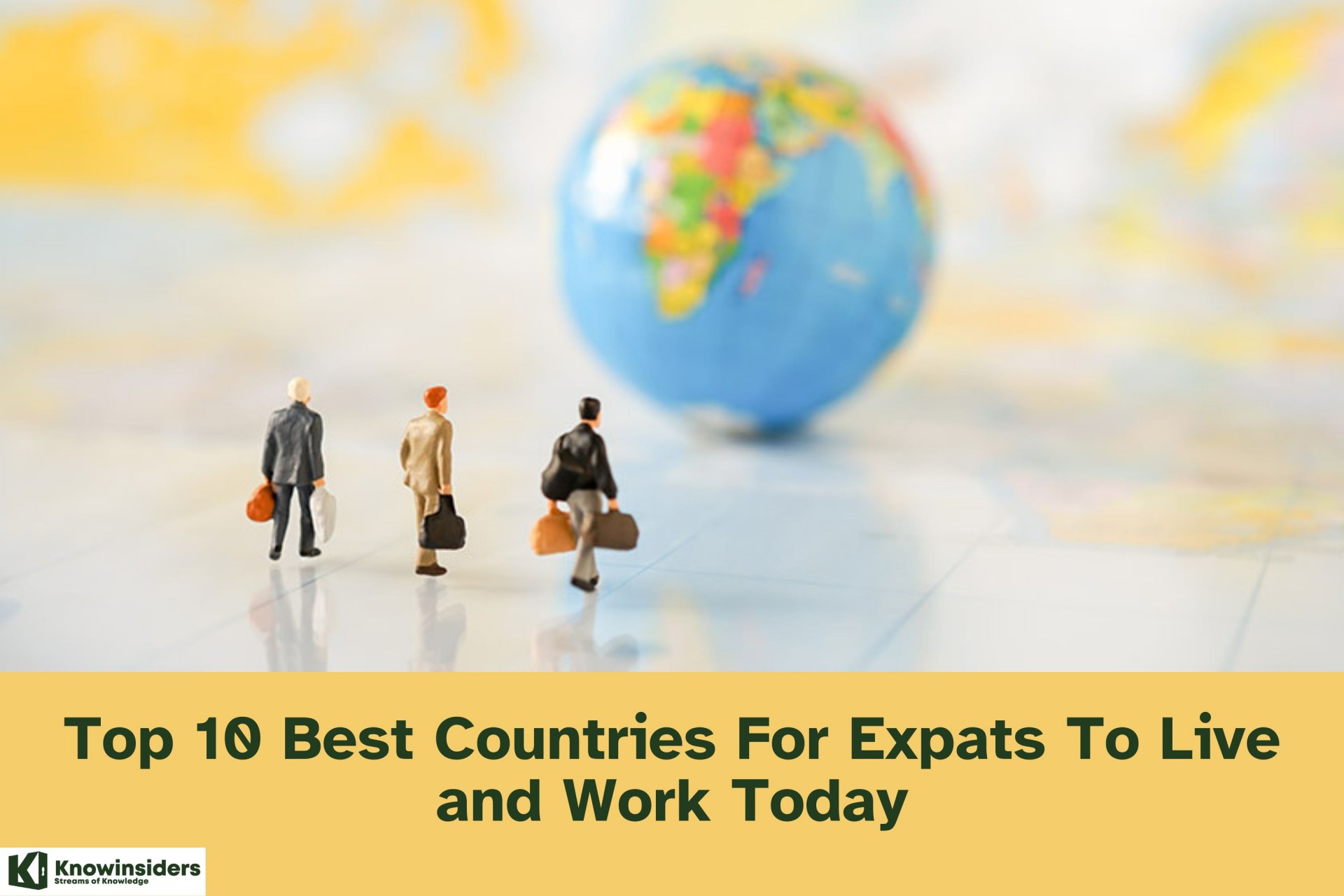These 10 Worst Countries For Expats To Live/Work 2024-2025
| Summary |
The difficulties of residing in a foreign country as an expatriate can significantly differ based on the nation. Can you obtain employment, a secure and cozy residence, establish friends, or will you experience isolation
InterNations' annual Expat Insider Report provides insights into the experiences of foreigners living overseas, but the only way to truly know is to go and find out.
This list reflects the complexities and varying challenges across different regions, highlighting the reasons why these countries are considered unfavorable for expatriates in 2024/2025. Each entry notes significant issues impacting expatriate life, from safety to infrastructure, crucial for those considering international assignments.
Learn more: Top 10 Best Countries For Expats To Live and Work Today
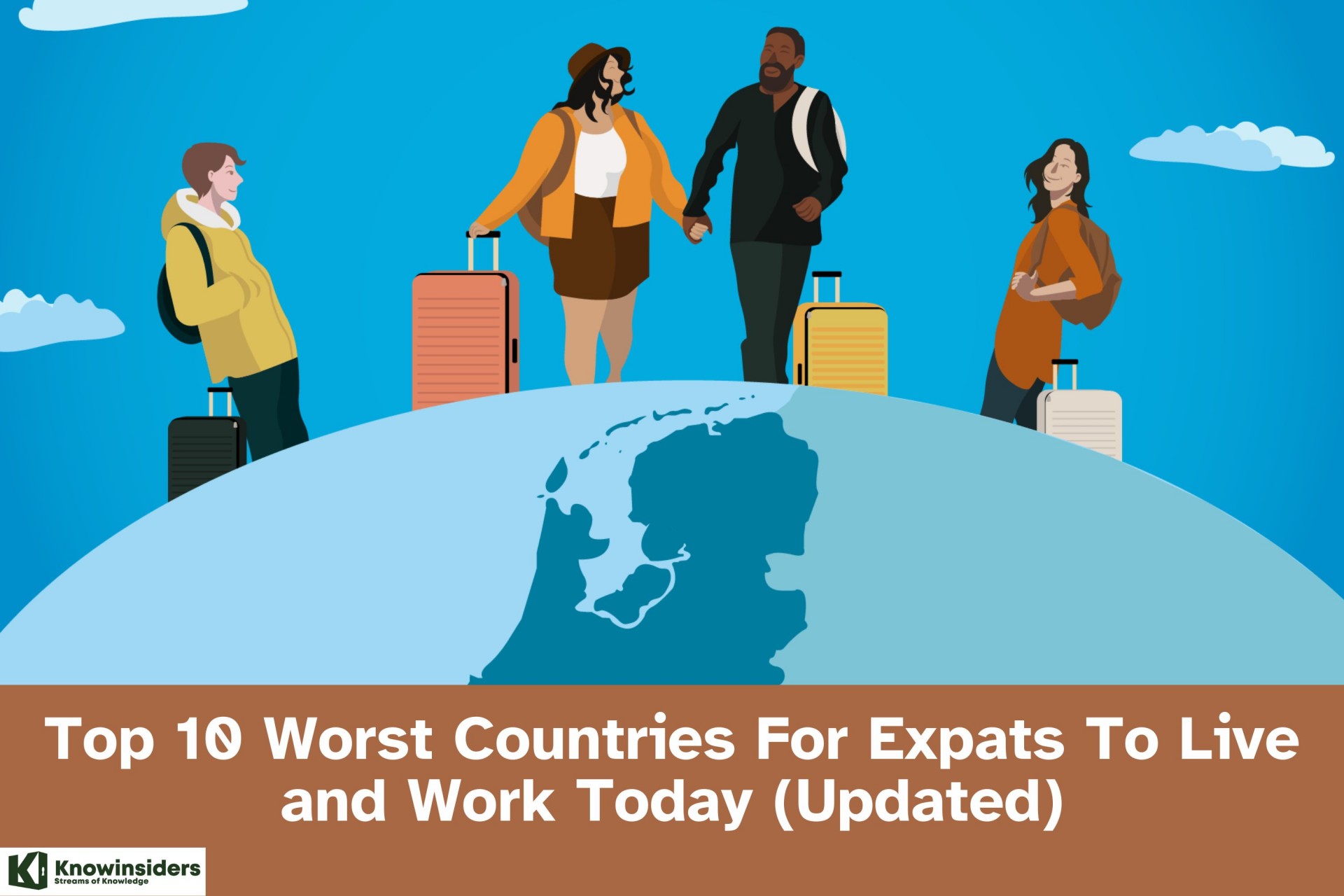 |
| Top 10 Worst Countries For Expats To Live and Work Today (Updated) |
Top 10 Worst Countries For Expats To Live and Work Today
1. Kuwait
Main Issues: Unhappy social lives
The intense heat of the summer months is often unbearable for expats. Furthermore, cultural constraints can be very strict, especially for women and people accustomed to Western freedoms. The economy's excessive reliance on oil may have an impact on job security. Kuwait offers an abundance of sunshine, a luxurious lifestyle, and a plethora of activities.
So why is its ranking so low? According to the report, foreigners feel isolated and alienated in this country because Islamic Sharia law predominates in the culture. The participants conveyed that they encountered obstacles in forming friendships and felt confined in their capacity to openly express themselves.
2. Norway
Main Issues: Unfriendly and Expensive
Norway is known for its high cost of living, which can be prohibitive. The Norwegian language can be a barrier for many expats, and the local culture can sometimes feel insular, making it difficult for expats to integrate. While Norway may appear humorous in Scandi Noir novels (without the murder), many foreigners discovered they were unable to adjust.
It can take a while to make new friends in Norway because people there prefer to keep to themselves until they get to know someone. Winter brings extreme darkness and cold, as well as a state of hibernation that can be difficult for visitors to adjust to. Furthermore, the cost is simply exorbitant.
3. Turkey
Main Issues: Political instability, economic fluctuations, language barrier.
Significant political unrest and economic volatility have occurred recently, which may have an impact on expats' day-to-day activities and long-term plans. In many regions of the nation, not knowing Turkish can also be a major obstacle.
Turkey is generally ranked in the middle, with the exception of three categories: work/leisure, pay/job security, and working abroad, where it ranks last in each of the three categories.
4. South Korea
Main Issues: Work culture, language barrier, societal pressure.
South Korea has a very demanding work culture, often with long hours that may be challenging for expats. The language barrier can also be significant, and there is considerable societal pressure to conform to local norms and standards. It has become apparent that South Korea is a difficult place to settle down. It seems hard to make and keep friends, and the country offers little in the way of job opportunities or a positive work environment. Financial issues have also been reported by foreigners. The quality of life is still not very high, even though it is not completely horrible—especially when it comes to healthcare. South Korea is among the worst places for foreigners to relocate since it has a very low happiness score.
5. Germany
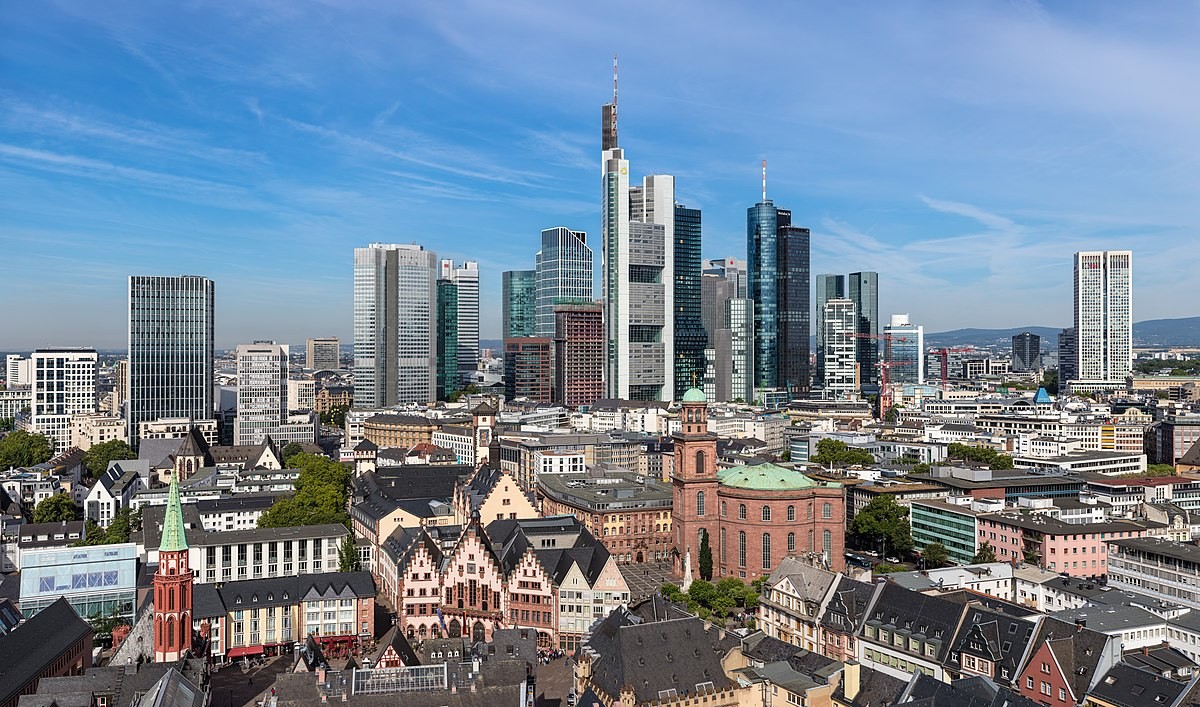 |
| Germany |
Main Issues: Bureaucracy, language barrier, cold climate.
Germany is known for its bureaucracy, which can be daunting for newcomers. Although many Germans speak English, living and working here typically requires proficiency in German. The weather can also be a downside for those used to warmer climates.
Thirty percent of foreign residents say Germans are unfriendly to foreigners (compared to eighteen percent worldwide), and fifty-five percent say it's hard to make friends in the area (compared to thirty-six percent worldwide). It should come as no surprise that 32% of respondents feel unwelcome in Germany, compared to 20% worldwide.
Language barriers (51st) and a lack of digital infrastructure (51st) are major sources of frustration for immigrants. Furthermore, 58% of people—27 percentage points higher than the global average of 31%—are having difficulty finding housing.
Positively, Germany's labor market (ranked fourth) and job security (ranked fifth) make it into the top 5 globally. In terms of personal finance, the nation performs only mediocrely (28th place). In Germany, 64% of foreigners are content with their lives overall, compared to 72% worldwide.
6. South Africa
Main Issues: Safety concerns, economic instability, healthcare.
Safety is a major concern with high rates of violent crime. Economic instability and a struggling public healthcare system can also make South Africa a challenging expat destination. The standard of living is low in terms of both happiness and health. This is regarded as the worst country in terms of safety and security. There are certain obstacles that foreigners may encounter when settling down. Additionally, there are not many good career opportunities in the nation, and the majority of foreign workers are not happy with their pay or level of job security. On the other hand, South Africa offers more financial satisfaction and a cheap cost of living. When everything is taken into account, South Africa is clearly the worst place for foreigners to live.
7. Italy
Main Issues: Economic sluggishness, bureaucratic inefficiency, employment.
Italy's economy is growing slowly, and finding a job can be very difficult, particularly in the south. In addition to being slow and annoying, bureaucratic procedures can make it difficult to obtain work if one does not speak the language. The standard of living at work is the biggest problem for foreigners in Italy. Due to their low rankings in all important categories of working criteria, such as career prospects, pay and job security, work and leisure, and work culture and satisfaction, expats are incredibly dissatisfied with their workplace.
Furthermore, the majority of foreigners are not particularly happy with their financial circumstances, despite the fact that Italy has a relatively low cost of living. Bureaucracy is another thing that aggravates foreigners. For a variety of reasons, Italy is therefore one of the top three countries in the world to live abroad.
8. Malta
Main Issues: Small size, limited job market, infrastructure.
Malta's small size can feel limiting in terms of job opportunities and cultural activities. Infrastructure, particularly concerning traffic and public transport, can be a significant issue. Malta has to be carefully considered before being selected as a possible relocation destination because of its poor quality of life.
Foreigners voice their displeasure with the country's housing and financial conditions. Furthermore unappealing are the pay, job prospects, and working culture. But it's not too difficult for immigrants to integrate into Malta society.
9. New Zealand
Main Issues: Remote location, cost of living, limited job opportunities.
Because of its remote location, shipping and travel can be costly in New Zealand. The job market is frequently restricted to specific industries, and the high cost of living makes it challenging for some foreign nationals to find acceptable positions.
This may surprise you, but according to the InterNations personal finance index, New Zealand is the worst-rated country (49% of respondents say their disposable household income is insufficient for a comfortable life, compared to 28% worldwide). While visitors appreciate the region's natural beauty and recreational sports offerings, they also lament the high cost of transportation, lack of nightlife, and lack of cultural diversity.
10. Japan
Main Issues: Work culture, language barrier, societal norms, expensive.
Despite the rich cultural experiences that Japan has to offer, many foreigners may find Tokyo's high cost of living to be prohibitive. Compared to many other nations, living expenses, educational costs, and daily costs are much higher. Japan has a very demanding work culture with long hours and high standards. The language barrier is substantial, and foreigners may find it difficult to adjust to social mores and customs in the area.
As per the 49th position on the Work Abroad Index, 59% of participants express a loss of creativity in the local business culture (versus 26% globally), flexibility (49% versus 18% globally), and the ability to work independently (59% versus 26% globally). The subcategory of Work Culture and Satisfaction came in last, with a global ranking of 53rd.
In terms of personal finance (ranked 26th) and quality of life (12th), Japan does noticeably better. In the top ten, it even ranks seventh in the health subcategory. Despite Japan's appalling overall performance, 75% of foreigners—compared to 72% globally—are happy with their lives there.
What are the worst European cities for expats?Berlin, Dublin, London, and Paris were the capital cities followed by Milan, Rome, and Hamburg.Berlin residents are regarded as the second least amiable in the rankings, making it one of the hardest cities for foreigners to have a satisfying social life. But 90% of respondents say they love Berlin's cultural scene, compared to 68% worldwide, and 85% say they value the city's urban setting, compared to 67% worldwide. Great career opportunities are available to foreigners in Dublin, but these are overshadowed by high living expenses and the unaffordability and scarcity of healthcare. Just 35% of foreigners worldwide report difficulty with the overall cost of living; in London, nearly three out of every four do. Nearly half claim that living comfortably in the UK capital requires more than their disposable household income. Although they find it expensive, unwelcoming, and difficult to get by without knowing the language, expats appreciate Paris's vibrant cultural scene. |
 Top 10 Most Beautiful Asian Countries To Travel By Train Top 10 Most Beautiful Asian Countries To Travel By Train The greatest way to experience the splendor of Asia is by train. View the Top 10 Most Gorgeous Countries in Asia for Train Travel, along ... |
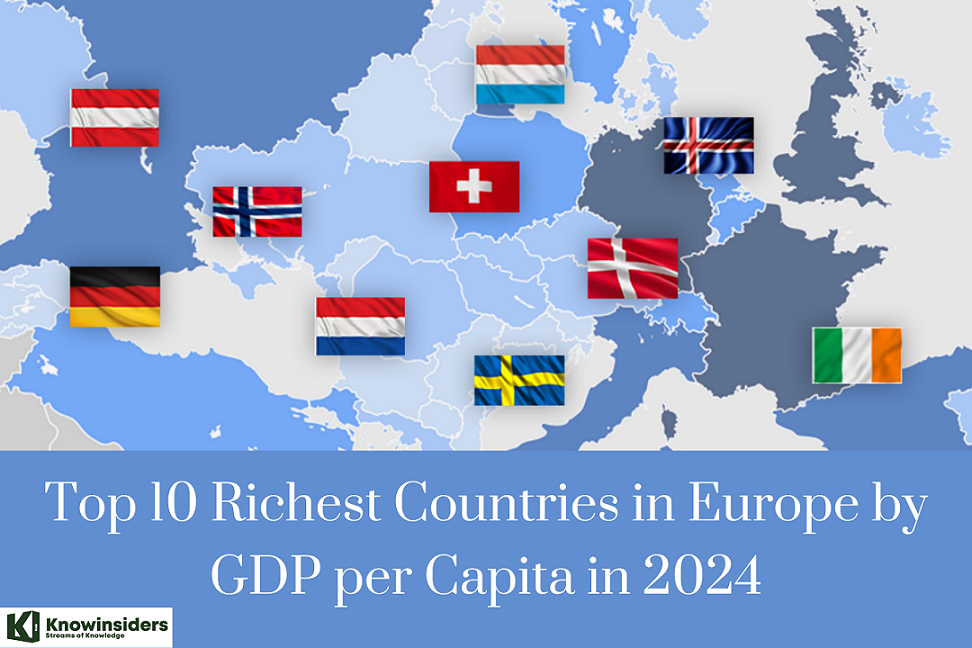 Top 10 Richest Countries in Europe by GDP Per Capita Today Top 10 Richest Countries in Europe by GDP Per Capita Today It should come as no surprise that Europe is home to some of the richest nations on the planet given its more than 50 nations ... |
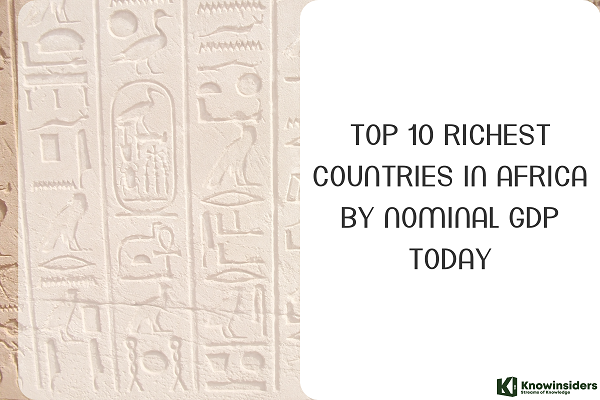 Top 10 Richest Countries in Africa by Nominal GDP Today Top 10 Richest Countries in Africa by Nominal GDP Today In this article, we listed the ten wealthiest nations in Africa, ranking them according to GDP to highlight the wide variations in the continent's economic ... |
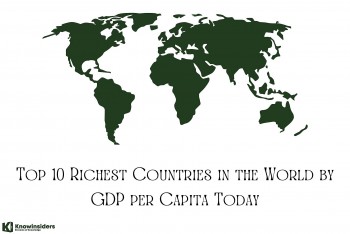 Top 10 Richest Countries in the World by GDP per Capita Today Top 10 Richest Countries in the World by GDP per Capita Today These ten world's richest countries exemplify how diverse economic strategies and resources can lead to high levels of wealth and standard of living. Their economic ... |

